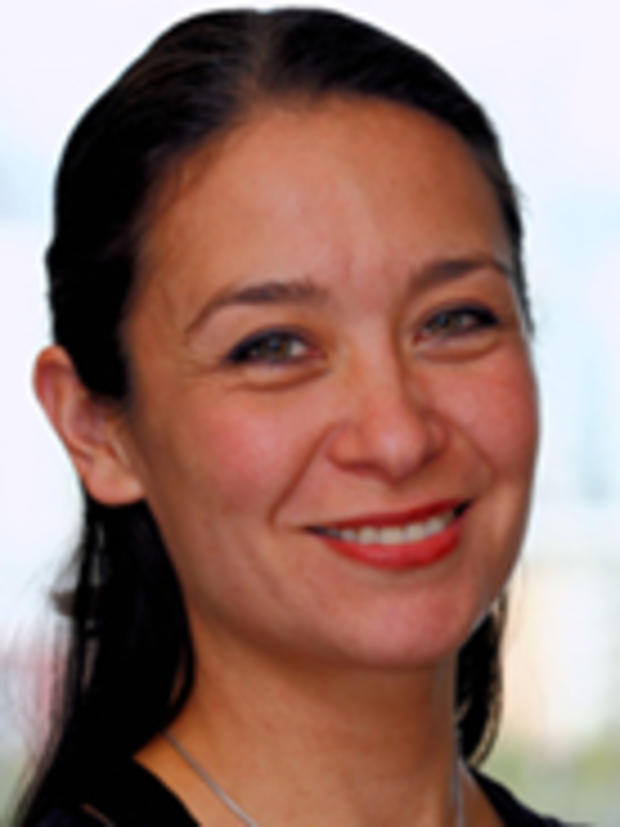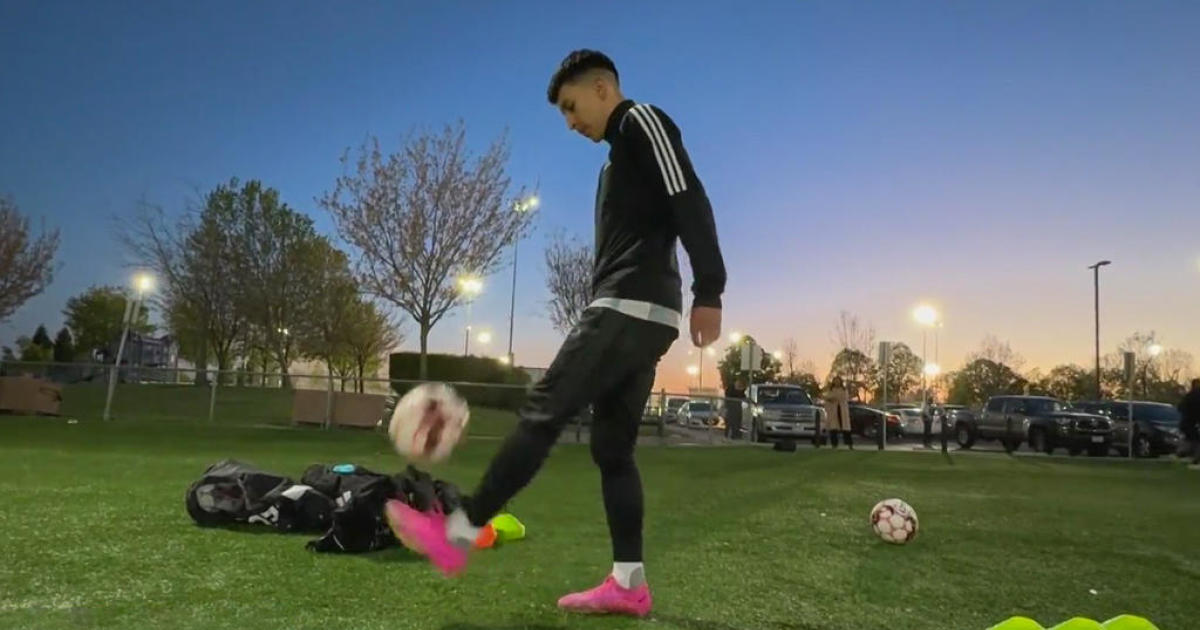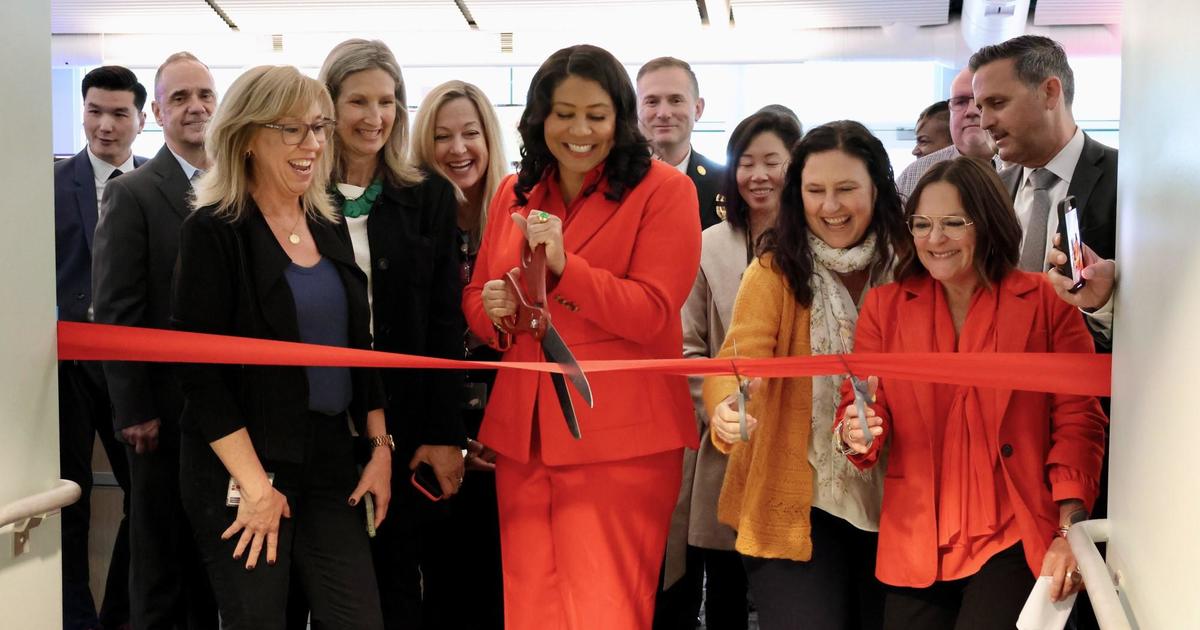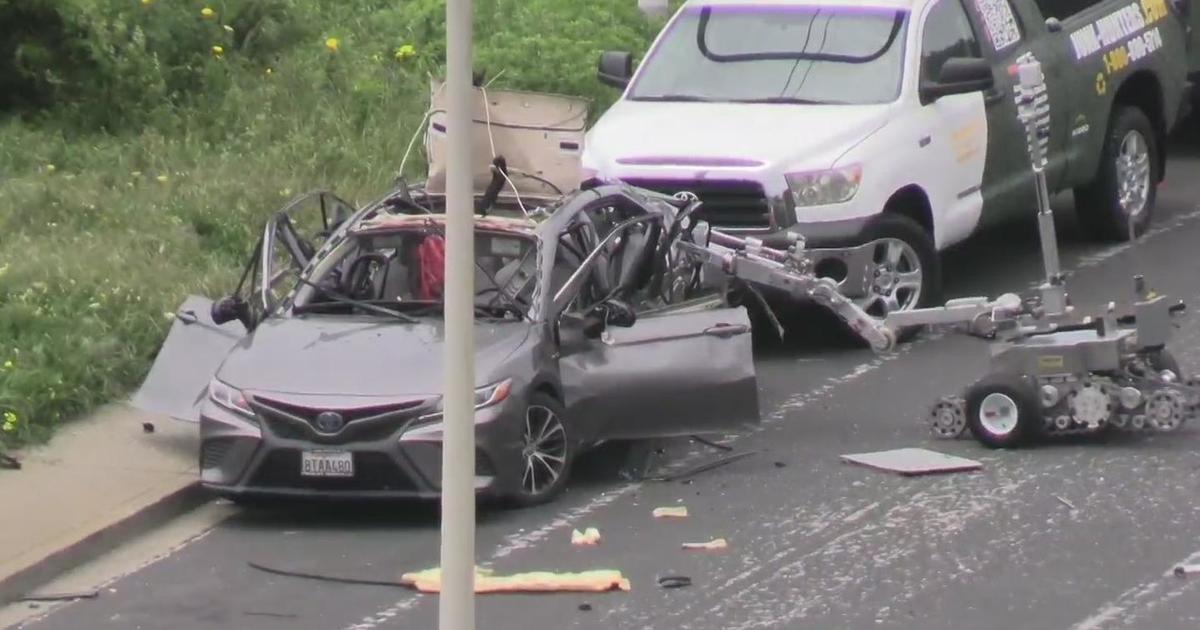Higher Degree Allows San Francisco Professional To Predict Health Outcomes
Dr. Virginia Long works at MedeAnalytics on creating predictive models using historical data to understand patterns and predict future outcomes with statistically based algorithms.
Why did you pursue your chosen degrees?
"During my undergraduate studies I took my first biological psychology (behavioral neuroscience) class and knew that it was a field that I wanted to continue to study and do research in. I quickly realized that a higher degree was requisite to pursuing my interest in the field. Without the training and specialized study that takes place in a Doctorate of Philosophy program, I knew I would never be able to work as an academic researcher and choose the topics of my studies."
What would you tell others who are considering pursuing a higher degree?
"Go for it. It is not easy and comes with challenges, but the effort that you put into it is something that will enrich your life. However, it is not for everyone. I think that is important to understand one's own motivation for seeking a higher degree. There are no "better" or "worse" reasons, but being honest with yourself about what they are can help you decide if a higher degree will help you achieve your goals in life. Being honest about your goals can also help you during the challenging times you'll certainly face while pursuing a higher degree."
What was the biggest challenge you faced while pursuing your degree?
"The biggest challenge that I faced was competing life priorities. I started college at the age of 26 after my first career, so by the time I was in graduate school, it was also the time that I wanted to have a family. During the middle of the second year of my PhD program I had my son. It was perhaps the most challenging time in my life when I started course work, teaching and research when my son was a baby. I was fortunate to have supportive advisors and an amazing community of fellow graduate students and post-doctoral researchers who really made it possible for me to be both a parent and graduate student. Although becoming a parent while I was doing my graduate work was the biggest challenge, it also forced me to become more efficient, prioritize and let go of less important things in my life."
What was the biggest reward for earning your degree(s)?
"The biggest reward has been being able to take my somewhat specialized education and training and apply it to other areas. Many aspects of PhD work require skills including the ability to assimilate and generalize information far beyond what one's specialty area calls for. Ultimately, the biggest reward is knowing that I can work hard, do quality work and approach any situation with an analytical mindset."
Robin D. Everson is a native Chicagoan who resides in Dallas, Texas. Her appreciation for art, food, wine, people and places has helped her become a well-respected journalist. A life-long lover of education, Robin seeks to learn and enlighten others about culture. You can find her work at Examiner.com




